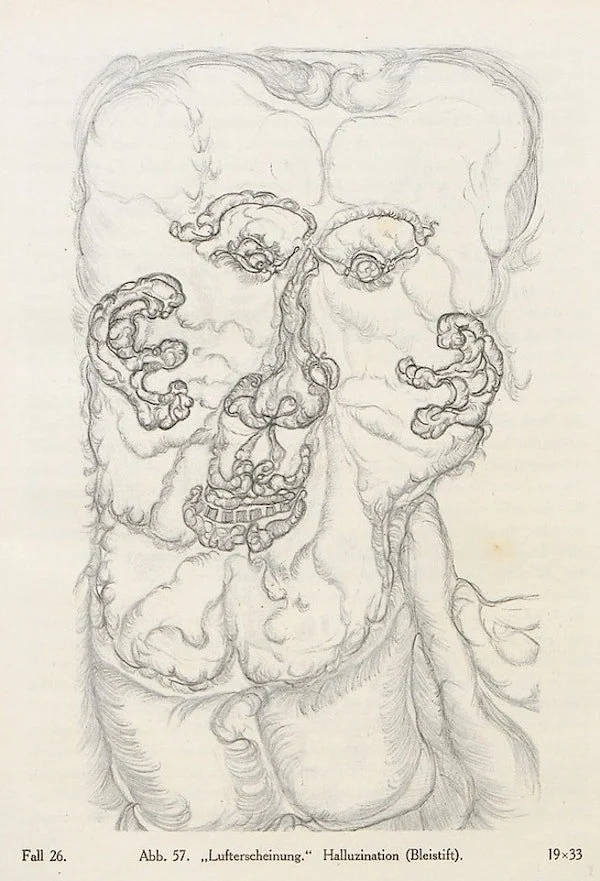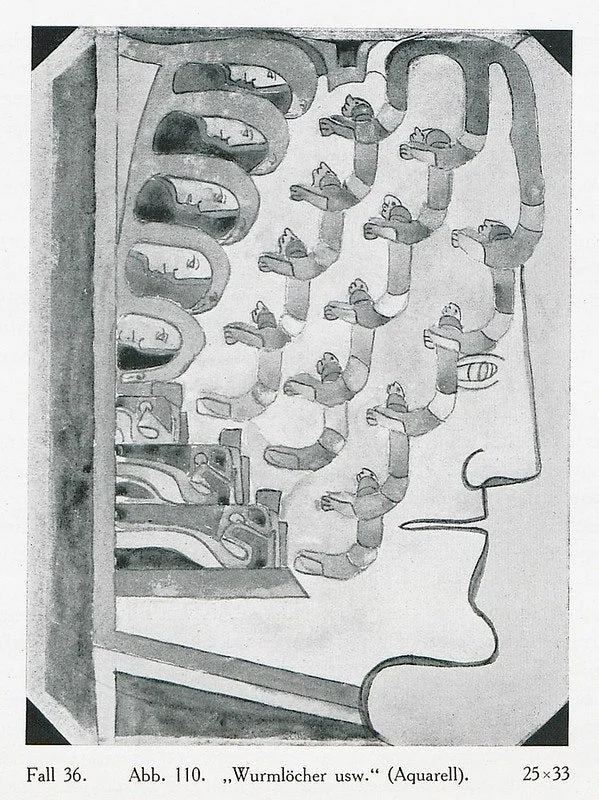Research
Focused on intersections of technological progress, community catharsis, critical media studies, and the arts
Research at Centre Pompidou — L’Institut de Recherche et de l’Innovation
Postgraduate (MPhil) at Trinity College Dublin
Bachelor of Arts in School of Public and International Affairs with minors in theatre, French, and Latin American studies from Princeton University
-
Senior dissertation work focused on policy implications of outer space mega-constellations and the militarization of the stars, especially in the context of national security, strategic information politics, climate change, and international law. Grade received on dissertation and oral defense: A.
-
The dissertation examines mimetic productions across disciplines including sound installation, choreography, and musical performance. This critical focus on aesthetics enables a better understanding of how the living world is being depicted and how this may affect spectators in the wake of the climate emergency. Special attention is paid to sound design for its centering of non-human perspective, the exposure of unseen/unheard spaces, and sound’s ability to draw the senses into immersion. The discussion seeks to analyze these pieces within philosophical frameworks of mimesis and critical theories of domination and care, debating how these works can lend to either new learning or disfigurement of the living world in their renderings. The discussion argues that although this representation of the living world may sometimes approach domination or deformation of subjects, fathoming the living world in aesthetics is still critical for addressing the climate emergency and rousing active audiences. In this vein, this thesis explores cautions for practitioners and methods for ethical representation within a Practice as Research perspective.
-
Reviewing Jameson’s theories on utopian impulse, the discussion argues that utopia is a flexible and malleable ideal tethered to both the imagination and to societal context. In this vein, the research analyzes Lebensraum and Volksgemeinschaft propaganda for its manipulation of early 20th century utopian yearnings for collective unity and expanded land rights in the throes of modernization — coinciding with the Nazi Ministry of Public Enlightenment and Propaganda’s mission to control the nation’s imagination. Instead of considering utopian wishes as universal, the utopian impulses capitalized on by propaganda appear reactionary to modern experience – in this case the alienation and chaos of urban industrial living. This co-optation of utopian desire in Nazi propaganda demonstrates Jameson’s assertion that utopia can serve “as the mere lure and bait for ideology.” Further, the case studies suggest that utopian content/impulses depend on lived context, presenting a functional relationship connecting reality and utopia rather than an invariable one.
In establishing a responsive relationship, we may consider utopian traces, however obscure they may appear, as incubators for extremist ideology. Finding the pulse for utopia, and therefore locating the buddings of ideology, means identifying the greatest shocks in modern society. In the early 20th century, these shocks included modernization and alienation. Accordingly, the propaganda accompanying Lebensraum and Volksgemeinschaft ideology acknowledged these societal anxieties and offered “utopian” alternatives, redirecting the masses toward fascist programs. Today, one of the most pressing sources of distress seem to coincide with technology. Digital surveillance, AI and automation, social media and short-form shallow content forms all create a disorienting experience that amplify other shocks – the climate crisis, economic precarity, political polarization, (mis)information overload, and cultural disruptions. Any modern sense of utopia would offer a reaction to these shocks, as our imagination seems bound to context. Although a sense of collective unity might prevail as a utopian impulse, we must imagine that other utopian wishes will respond to modern urgencies.
-
The photography of Paz Erráruiz served as its own type of activism in Chile under the Pinochet dictatorship. While many photographers focused on documenting direct violence, Erráruiz turned to the margins of Chilean society, seeking to advocate for the visibility of oppressed narratives. The discussion reviews the work of Paz Erráruiz, examining her intimate connections with her subject matter, the sociopolitical repercussions of her projects, and technical aspects of her work that enhance surrealist and spiritual sentiments of the time period. Focusing especially on the Adam’s Apple (La Manzana de Adàn) series, the discussion debates visibility implications of her projects, finding parallels with other documentary series including Paris de Nuit and Paris is Burning within a Foucauldian perspective.
-
The Housing First model was created with people experiencing behavioral health issues in mind, promising to disrupt the cycle of chronic homelessness that much of this group experiences. The dissertation's discussion reviews the need for such a status quo disruption, but argues that the Housing First model has not yet moved past its theoretical potential in the United States. Synthesizing the reports and criticisms of flagship Housing First models, the paper raises critical limitations for success via federal housing supply constraints, the model’s policy-practice gap, lack of cohesive program structure, and vagueness of rehabilitative care components. Through this synthesis, the dissertation proposes necessary areas of improvement for successful Housing First implementation.
-
The project proposes a behavioral health intervention in first response as a means for mitigating unnecessary and harmful arrest procedures as well as the phenomenon of "mercy bookings." The project features extensive interviewing of police officers, first response teams, and CAHOOTS program leaders.
-
Claimed by scholars of both post-dramatic and psychoanalytic disciplines, Sarah Kane’s innovative form detaches from conventional theatrical practice, and, with seemingly impossible stage directions, separates from reality. However, the living medium of theatre denies the space to streamline or romanticize Sarah Kane’s work, especially her 1998 play Crave. Instead, viewers plunge into the throes of psychosis, forced to viscerally question their desires, disgust, and sense of certainty. The discussion examines how Sarah Kane’s Crave arrests viewers with a more intimate depiction of psychosis, denying viewers both clarity and romantic distance from the turmoil of mental illness. Following extensive grounding in Kane’s text, the analysis focuses on Tinuke Craig’s 2021 production of Crave at the Chichester Theatre, arguing that new media and technological form enhance the play’s core tensions by complicating the “(a)liveness” of theatre, offering spectators (dis)embodied immersion into the distortions associated with psychosis.
Centre Pompidou — Institut de Recherche et de l’Innovation (IRI)
The Breakfast Club // Petit Déj Philo
Curated and moderated philosophical discussion and debate sessions on technology, aesthetics, and digital culture at l'Institut de Recherche et d'Innovation (IRI) – Centre Pompidou.
The Breakfast Club: Session Three
synthesis, sampling, repetition, and the pharmakon of the temporal object
The Breakfast Club: Session Six
technocrats, soft secession, and the role of localities in anarchist libertarian logic
The Breakfast Club: Session Five
contemporary music, participation, and the evolving role of the amateur
The Breakfast Club: Session Seven
regimes of invisibility and of non-truth, propaganda and collective imagination, and anti-entropy.




